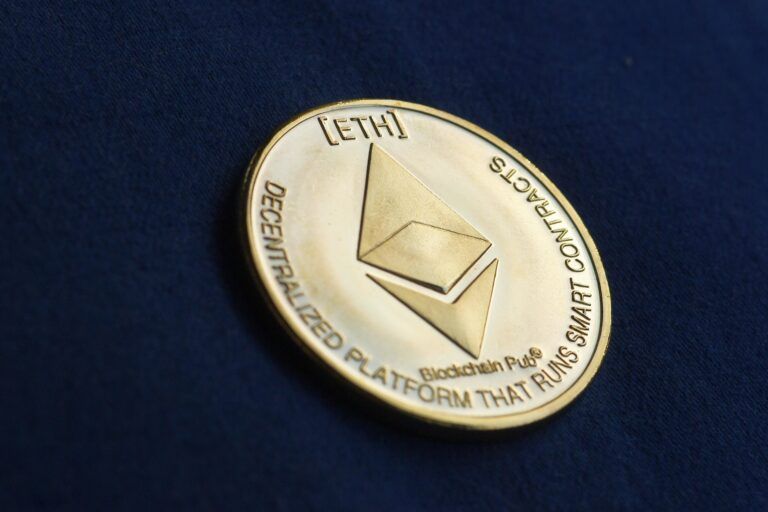Yesterday, during a conversation on “Bloomberg Crypto,” Ledger Chief Experience Officer Ian Rogers shared his enthusiasm about the potential approval of a US-listed spot Ether ETF. This development is seen as a significant milestone in the cryptocurrency market, and Rogers provided insights on its implications and potential impact.
Rogers described the potential approval of a spot Ether ETF as “incredibly exciting,” noting that it represents a major game-changer for the industry. The approval of spot Bitcoin ETFs by the U.S. SEC has already had a profound effect on the market, and a spot Ether ETF could further catalyze growth and adoption. However, Rogers emphasized that predicting the exact outcomes is challenging due to the dynamic nature of the market and the aggressive price targets set by financial institutions.
“We’ve seen the price targets come out of some of the financial institutions, which are quite aggressive,” Rogers commented. He acknowledged the complexity of the market and the numerous factors at play, making it difficult to forecast precise movements. Despite this uncertainty, Rogers expressed his optimism and personal investment interest, stating, “We’re excited and watching closely, and personally, I’m buying.”
The discussion also touched on how the approval of a spot Ether ETF could enhance the use of Ethereum in the broader crypto ecosystem. Ethereum, known for its versatility and ability to support various applications through smart contracts, stands to gain significantly from increased institutional interest and investment.
Rogers highlighted the transformative potential of Ethereum, particularly its role in securing and building on blockchain technology. He pointed out that the current market cycle offers abundant and inexpensive block space, largely thanks to Ethereum’s layer 2 solutions. This development contrasts with the previous market cycle in 2021, where such capabilities were limited.
“Ethereum is an incredible tool for securing chains that we can all build on,” Rogers stated. He referenced a recent debate between Ethereum Foundation researcher Justin Drake and Solana Labs CEO Anatoly Yakovenko, which underscored the ongoing discussions about the long-term applications and advantages of different blockchain platforms.
Rogers says the conversation underscored the vibrant and evolving nature of the crypto space, with numerous tools and platforms available for startups and developers. Rogers expressed optimism about the future applications that will emerge in the next market cycle, given the enhanced capabilities and resources now available.
“What we have now, and what every startup has, is many different tools to work with,” Rogers noted. This variety of tools and platforms opens up new possibilities for innovation and development in the crypto industry. The approval of a spot Ether ETF could further stimulate this innovation by attracting more investment and interest in Ethereum and its ecosystem.
In the same interview, Rogers talked about the critical role of self-custody in the world of cryptocurrency. He highlighted the fundamental reasons why self-custody is essential and its broader implications for digital ownership.
Rogers emphasized that self-custody is at the heart of the crypto revolution. He posed a compelling question: if not for self-custody, why engage with crypto at all? He believes that the true innovation of blockchain technology lies in the concept of digital ownership, which is only meaningful if individuals have secure and direct control over their digital assets. This mirrors the broader internet revolution, where information became freely accessible and movable.
Self-custody ensures that digital assets are safe and available when needed. According to Rogers, this is more than just an option; it is a right. Rogers thinks that just as people can store their physical possessions in a personal safe, they should have the ability to securely store and use their digital assets. This analogy extends to everyday items like passports and driver’s licenses, which individuals control and use for various purposes beyond their initial issuance. Similarly, self-custody of digital assets allows for flexible and autonomous usage.
Rogers also touched on the interplay between AI and blockchain, describing them as complementary technologies. He said that while AI contributes to digital abundance by generating content and data, blockchain ensures digital scarcity, providing a secure and verifiable record of ownership and transactions.
Featured Image via Pixabay









